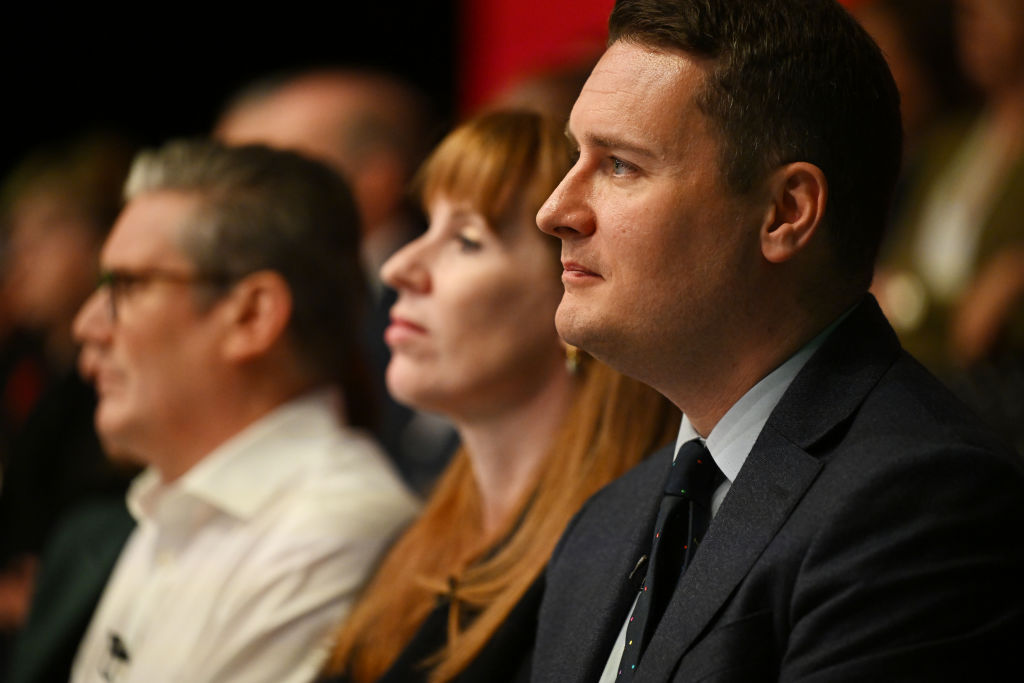What does Wes Streeting think the government will achieve by abolishing NHS England? The Health Secretary gave a statement to MPs this afternoon in which he confirmed that the health service will no longer be operationally independent from the government.
As Streeting made clear to the Commons, the NHS was given operational independence by the Conservatives, who regretted doing so for years. The Tories reversed many of the Andrew Lansley reforms in their Health and Care Act 2022, but the NHS remained independent, even though ministers were the ones answering for its performance and mistakes.
The Health Secretary today claimed that he ‘cannot count the number of Conservatives who have told me in private that they regret the 2012 reorganisation and wish they had reversed it when in office’, but had failed to do so because ‘they put it in the too difficult box while patients and taxpayers paid the price, because only Labour can reform the NHS.’
That point, that only Labour can deliver this reform, is borne out in polling and something that Streeting and his advisers are deeply aware of. When I interviewed him for my book on the history of the NHS, Alan Milburn told me that ‘when it comes to NHS reform, the right has the volition, but it doesn’t have the permission. The left has the permission, but then it lacks the volition.’
It is also probably fair to say that over the past few years, the right lacked the inspiration: they had largely argued that NHS operational independence was one of the few bits of the Lansley reforms that did make sense.
Streeting argued the reforms would ‘deliver a much leaner top of the NHS, making significant savings of hundreds of millions of pounds a year’. He added: ‘That money will flow down to the front line to cut waiting times faster and deliver our plan for change by slashing through the layers of red tape and ending the infantilisation of frontline NHS leaders.’ He also said the government would prioritise investment in technology, citing examples of doctors having to wait for computers to turn on or using multiple passwords just to enter a patient’s details.
This is all very well and good, but one of the other things that Labour is known for is its control freakery when it comes to the NHS, which could end up backfiring. That point was raised by former health secretary Jeremy Hunt, who asked: ‘Can I commend the boldness today? If the result of today is to replace bureaucratic overcentralisation with political overcentralisation, then it will fail. But if what happens today is that we move to the decentralised model of the police and schools, it could be the start of a real transformation… So will the Secretary of State for Health give more detail about the changes he has in mind? Are we actually going to get rid of these central targets that make the NHS the most micromanaged system in the world, making it possible for managers to develop a real change on the grounds as they work with about 100 operational targets?’
Streeting insisted the plan was to ‘decentralise’ the NHS, rather than control it, but added that ‘democratic accountability matters’.
That democratic accountability also means more risk for the government, of course. If an operationally independent NHS fails to improve, then ministers can blame officials. Once the health service is back in house, it really is Labour’s problem. So the government must really think that it can reform the NHS properly, as it will have to answer directly for any failure.









Comments